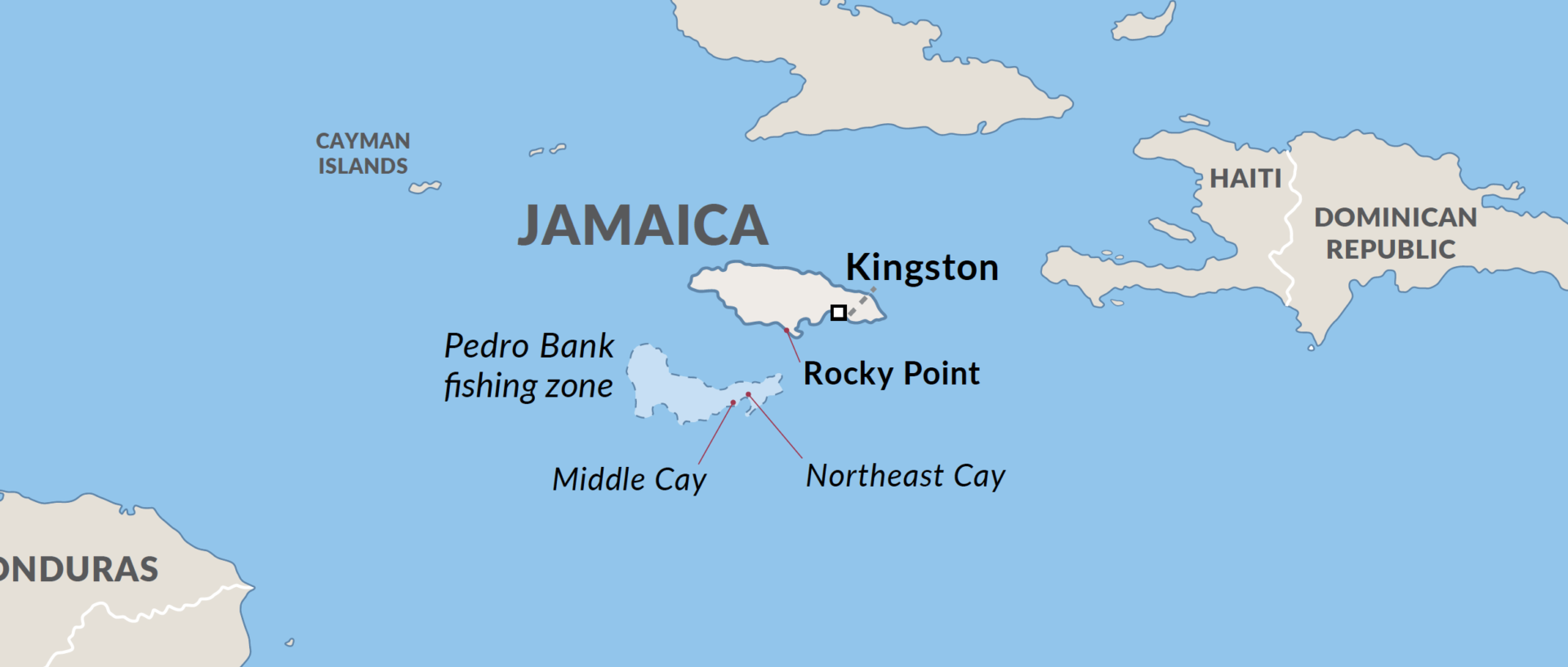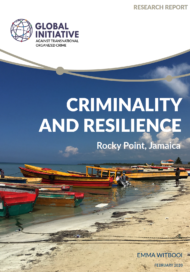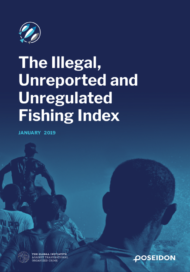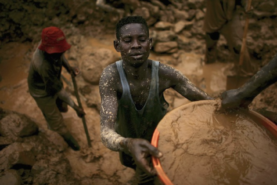Posted on 20 Feb 2020
The clusters of brightly painted fishing canoes along Jamaica’s beaches attest to the central role of fishing in this Caribbean nation. They speak to the livelihoods of the more than 40 000 fishers on the island who use the hundreds of fishing beaches dotted along the coastline.
These are the same types of vessels deployed in the smuggling of narcotics and arms, primarily pistols and revolvers, between Jamaica and neighbouring Haiti, as well as Central and South America.

Small fishing boats leave the Jamaican coast, carrying marijuana on a round trip to Haiti, where the marijuana is exchanged illegally for guns; the guns return to Jamaica in the fishing vessels. This is dubbed the ‘drugs-for-guns’ trade; intelligence indicates that this trade ‘model’ has added a new flow – namely the bartering of marijuana for cocaine. The drugs-for-guns trade is well documented and recognized. The cocaine model of the trade is less well documented but officially recognized.




